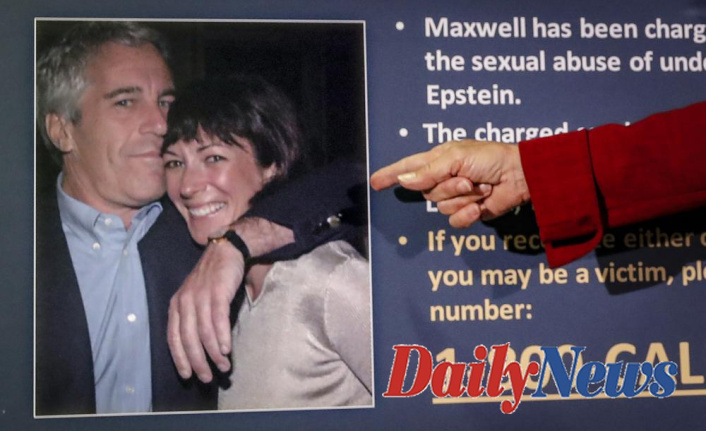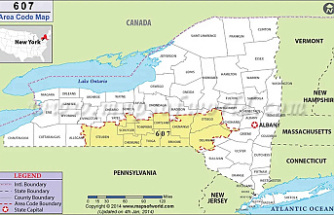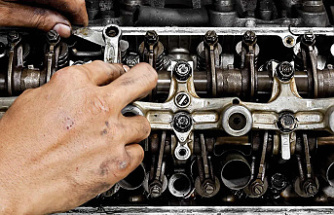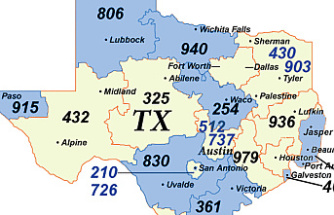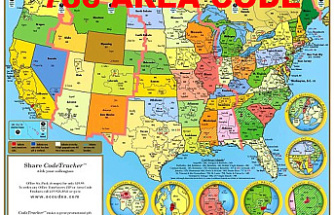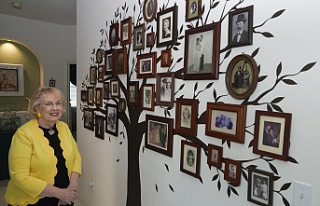Maxwell, a British socialite was convicted in December for helping Jeffrey Epstein, a millionaire , to sexually abuse several teenage girls.
U.S. Judge Alison J. Nathan refused to order a fresh trial after questioning him under oath in New York about why he had not disclosed his personal history of abuse survivors on a questionnaire during jury selection.
Juror said that he had "skimmed too fast" through questionnaires and didn't intentionally answer a question about sex abuse.
He said, "I didn’t lie to get on the jury."
Nathan stated that the juror failed to disclose prior sexual abuses during jury selection, a decision certain to be appealed to a higher court.
Judge also stated that the juror had no bias towards the defendant and could be impartial and fair.
Maxwell's lawyers stated that they could have objected to Maxwell's presence on jury because he may not be fair to someone accused of similar crimes.
Friday's comment was not made by the U.S. Attorney's Office. Maxwell's lawyers were reached for comment.
Maxwell, 60, was convicted in sex trafficking and other offenses after a one-month-long trial. Four women testified that Maxwell played a part in setting them up for abuse.
Epstein committed suicide in August 2019, while awaiting his trial in New York for related charges of sex trafficking.
Maxwell claims she is innocent
The trial was over when the juror, identified only in court papers as Juror No. 50, left the scene. 50 gave interviews to several media outlets, describing the deliberations and revealing that he had been abused as an infant. He claimed he convinced some jurors that the victim's poor memory doesn't necessarily mean it didn't occur.
Potential jurors were required to complete a 50-page questionnaire, which included a question asking: "Have any of your friends or family members ever been victims of sexual harassment, abuse, or assault?"
The jury checked "No."
In one interview, the juror stated that he doesn't recall ever being asked that question. 48.
Maxwell's defense lawyers asked the judge for a new trial. She refused, and she then questioned the juror.
Nathan asked the juror to answer questions in March. Both sides then submitted written arguments. Prosecutors claimed that Maxwell was given a fair trial because the juror made a "honest error"
Maxwell's lawyers disagreed.
They argued that Juror 50 could not excuse his false answers because he believed his hidden history of sexual abuse didn't affect his ability as a fair, impartial juror. This does not make justice appear. "Only a fresh trial would."
Nathan, however, rejected this reasoning and wrote that Maxwell's juror claims that he was impartial still rang true.
She asked him about it and he replied "frankly, honestly" even though the answers were the result of personal embarrassment or regret. His tone, demeanor, and responsiveness did not indicate that he was giving false testimony.

